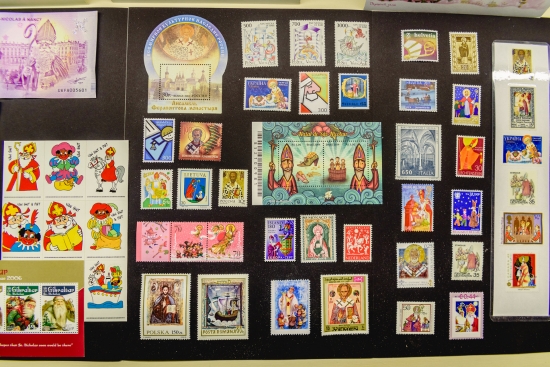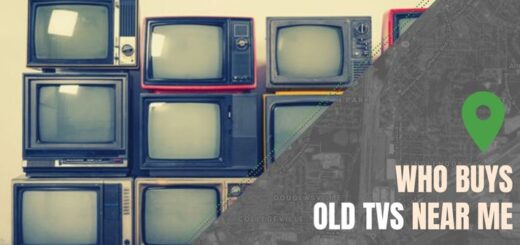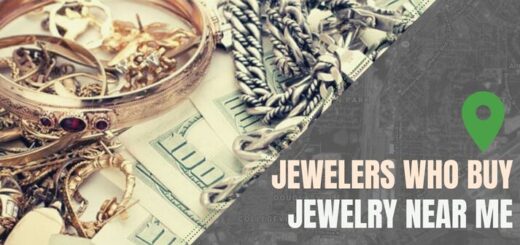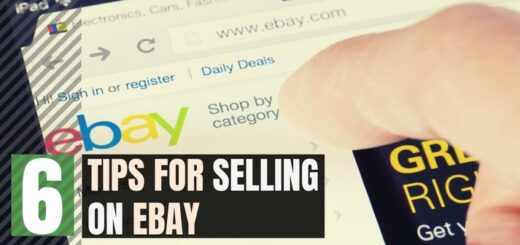Who Buys Stamps Near Me
Stamps can be a valuable investment, but who buys stamps? There are four main types of stamp buyers: collectors, dealers, hobbyists, and investors. Each type of buyer has different reasons for buying stamps and may have different negotiating strategies. In this article, I will cover the buyers, the pros and cons of each, and how to get the most money from your collection. I will also share my experience with the shop who buys stamps near me.
Who Buys Stamps Near Me
For, “Who Buys Stamps Near Me”, see the map below…
Who Buys Stamps Near Me
Collector Who Buys Stamps
Collectors are the most common type of stamp buyer. They usually buy stamps to add to their collection or to fill a gap in their collection. They are collectible stamps are usually willing to pay more for a stamp that is
Collector Pros and Cons:
- Pros: They are usually willing to pay more for a stamp than other buyers.
- Cons: They may not be interested in your entire collection and may only be interested in a single stamp.
Finding a Collector
You can find collectors in person at stamp shows, the Stamp Collecting Facebook Group, and the American Philatelic Society.
Dealer Who Buys Stamps
Dealers are another common type of stamp buyer. They buy stamps to sell them, either to other dealers or to stamp collectors themselves. They usually have a wide range of stamps and know a lot about the market. Stamp dealers may be willing to pay less for a stamp than a collector, but they may also be more negotiable.
Dealer Pros and Cons:
- Pros: They are usually more negotiable than other buyers. Dealers are experts and will know the value of your collection.
- Cons: They may only offer you 40 to 50% of the item’s value because they will be looking to sell it for a profit. There are many shady dealers in the business and you need to carefully research them upfront.
Finding a Dealer
You can find dealers at stamp shows, online through National Stamp Dealers Association, or the American Philatelic Society.
Hobbyist Who Buys Stamps
Hobbyists are people who enjoy collecting stamps but don’t necessarily have the same level of knowledge or commitment to stamp collecting as collectors or dealers. They may be willing to pay less for a stamp than collectors or dealers, but they may also be more negotiable.
Hobbyist Pros and Cons:
- Pros: They may be more negotiable than other buyers. Hobbyists are usually passionate about stamps and can be a great source to sell. You can get 70 to 80% of the value of the stamp from a hobbyist.
- Cons: They may not have the same level of knowledge about stamps as collectors or dealers and may not understand the true value of what you are selling.
Finding a Hobbyist
You can find hobbyists online through the Delphi forum and Facebook Groups. You can also use only marketplaces like Facebook Marketplace, Craigslist, and eBay to find a private hobbyist who buys stamps.
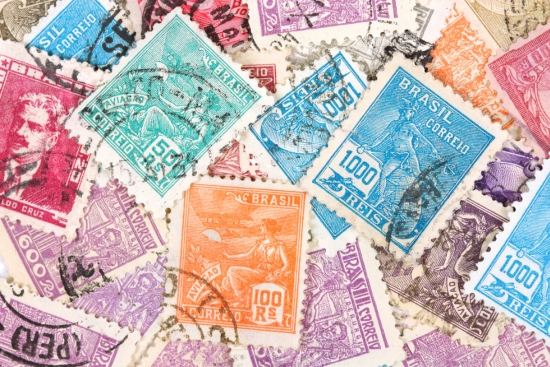
Investor Who Buys Stamps
Investors are people who buy stamps as an investment. They are usually looking for top quality stamps that will appreciate over time. They may be willing to pay more for a stamp than collectors or dealers, but they may also be more negotiable.
Investor Pros and Cons:
- Pros: They are usually willing to pay more for a stamp than other buyers. You can get 75 to 80% of the value of the stamp from an investor.
- Cons: They may not be interested in your entire collection and may only be interested in a single stamp.
Finding an Investor
You can find investors online through stamp investor forums and Facebook Groups. You can also use only marketplaces like Facebook Marketplace, Craigslist, and eBay to find a private investor who buys rare stamps.
Pawn Shop Who Buys Stamps
Pawn shops are a rare type of business that buys and sells items of value. They will pay less for a stamp or a collection than any other buyer.
Pawn Shop Pros and Cons:
- Pros: They will give you cash on the spot for your collection or stamp.
- Cons: They are not postage stamp experts and will not know the value of what you have. You can expect to be offered about 25 to 30% of the actual value. There may also be high-pressure tactics to get you to sell.
Finding a Pawn Shop
You can find pawn shops in your local area by searching online or using this resource here.
Auction Houses
Auction houses are businesses that sell items through an auction process and are not buyers themselves. They can help you market and then sell your stamps or collection to the highest bidder. Auction houses will take a commission from the sale of your collection or stamp.
Auction House Pros and Cons:
- Pros: You can get 100% of the value of your stamp or collection.
- Cons: There is no guarantee that your stamp or collection will sell. The auction house will also take a commission, typically 20 to 30% of the final price.
Finding an Auction House
You can find auction houses online through stamp auction directories and Google searches. You can also ask a local dealer or stamp collector if they know of any good auction houses in your area. Also, you can also find stamp auctions near me here.
When selling your stamps, it is important to remember that each type of buyer may have different reasons for buying and may have different negotiating strategies. It is important to do your research upfront so that you can get the most money for unused stamps in your collection.
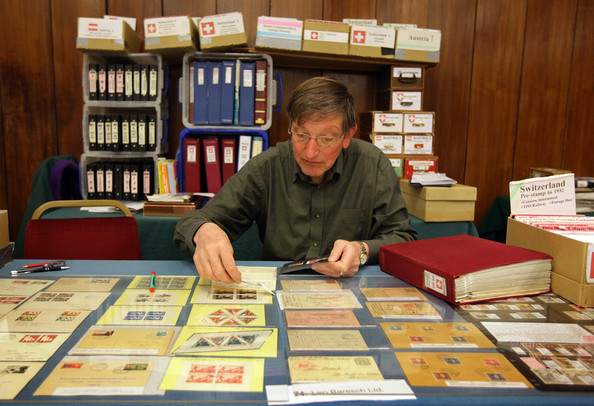
Do You Need an Appraisal Before You Sell Stamps?
If you are selling a stamp collection, it is always a good idea to get an appraisal of stamp collections first. This will help you determine the value of your stamps and give you a starting point for negotiating with buyers.
You can find appraisers online through stamp appraisal directories or by searching Google. It is important to choose an appraiser who is certified by the American Philatelic Society.
There is a free online appraisal tool you can try here.
Preparing Your Stamp Collection for Sale
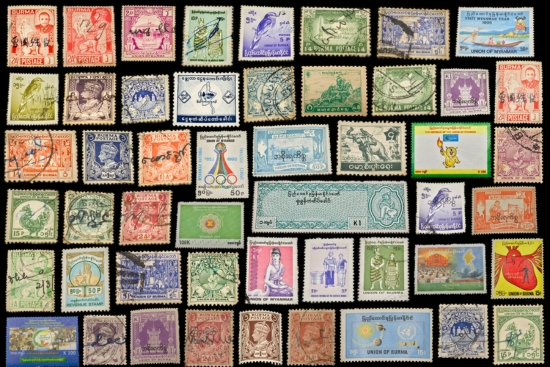
Organizing and Cataloging Your Collection
When you decide to sell your stamps, the first step is organizing your stamp collection. This process not only makes your collection more appealing to potential stamp collectors but also helps in determining its value. Start by sorting your postage stamps, vintage stamps, antique stamps, and any common stamps you might have. Each category should be grouped together.
For each stamp or set, note down its face value, year of issue, and any historical significance. This is where postal history becomes crucial. If you have rare items like a Penny Black, make sure they are highlighted. Remember, the better you organize, the easier it is for a stamp collector to assess and appreciate your collection.
Tips for Presenting Your Stamps to Potential Buyers
Presentation can significantly impact the sale prices of your stamps. Here are some tips to ensure you get top dollar for your collection:
- Quality Over Quantity: If you have large quantities of stamps, focus on presenting the ones with the maximum return potential. It’s about showing the full value of your collection, not just the volume.
- Condition Matters: Ensure your stamps are in good condition. Stamps that are well-preserved are more likely to be sold at a higher price.
- Informative Display: When displaying your stamps, include brief information about each. This could be the year they were issued, their significance in postal history, or any unique features.
- Professional Packaging: If you’re shipping your collection to a buyer, use safe and secure packaging. This not only protects the stamps but also shows that you care about the material.
- Fair Pricing: Set fair and realistic prices. Research current market values to ensure your sale prices are competitive.
- Open Communication: Be ready to contact potential buyers and answer their questions. Transparency in any transaction builds trust and can lead to a successful deal.
- Digital Showcase: In today’s world, many deals are made online. Create a digital catalog of your collection. This can be sent via mail or shared online for free.
By following these steps, you place your stamp collection in the right place for a successful sale. Remember, each letter or envelope in your collection has a story – present it in a way that captures its true essence and value.
How Are Stamps Priced?
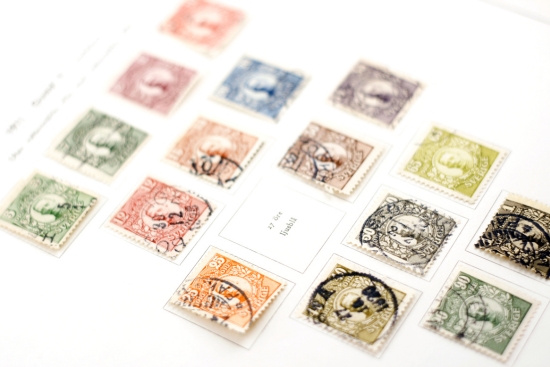
Stamps are typically priced based on their rarity, condition, and age. The rarest and most valuable stamps sold are usually those that are older and in mint condition.
To get an idea of how much your stamps are worth, you can search online for stamp price guides or look up face value of individual stamps in an online stamp catalog.
When negotiating with buyers, it is important to remember that they will usually try to lowball you on the price. It is important to be fair and firm on your price and be willing to walk away if the buyer is not willing to pay what you are asking.
Who Buys Stamps Near Me – Conclusion
When selling your stamps, it is important to remember that each type of buyer may have different reasons for buying and may have different negotiating strategies. It is important to do your research upfront so that you can get the most money for your collection.
Do you need an appraisal before you sell stamps? How are stamps priced? These are important things to remember when negotiating with buyers. With a little bit of research, you can ensure that you get the best price for your stamps. That’s what I have learned from the shop who buys stamps near me.

